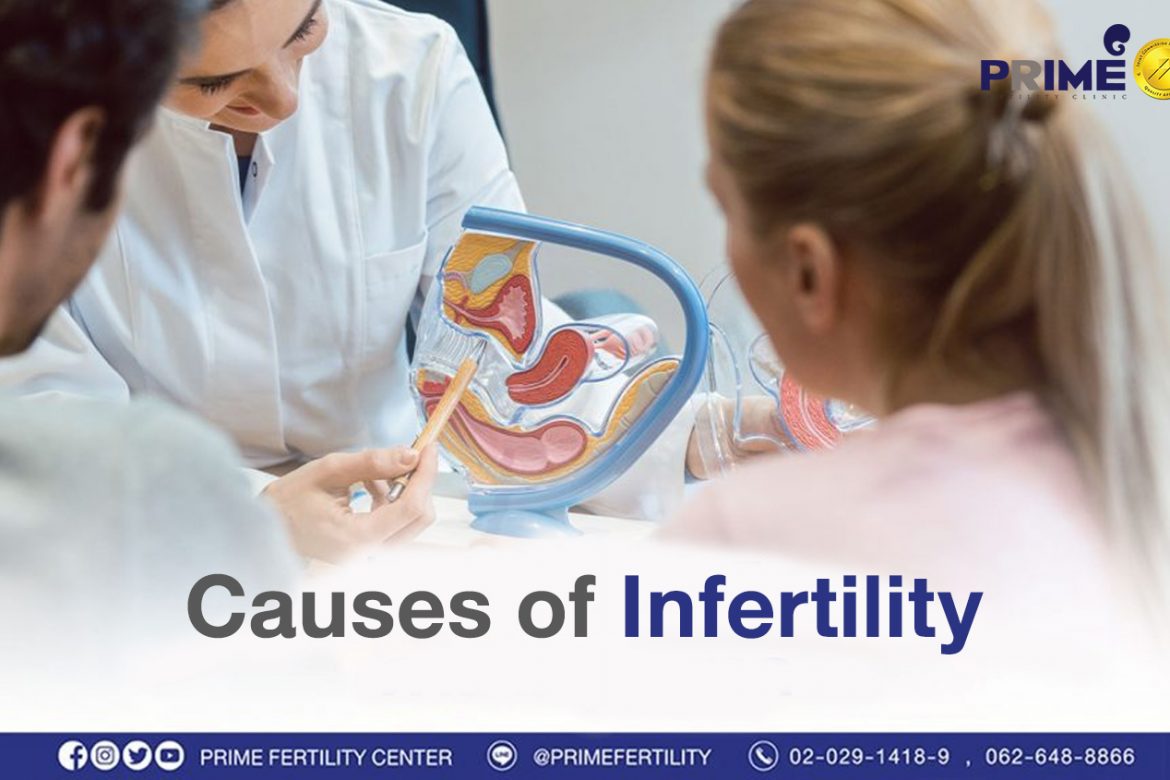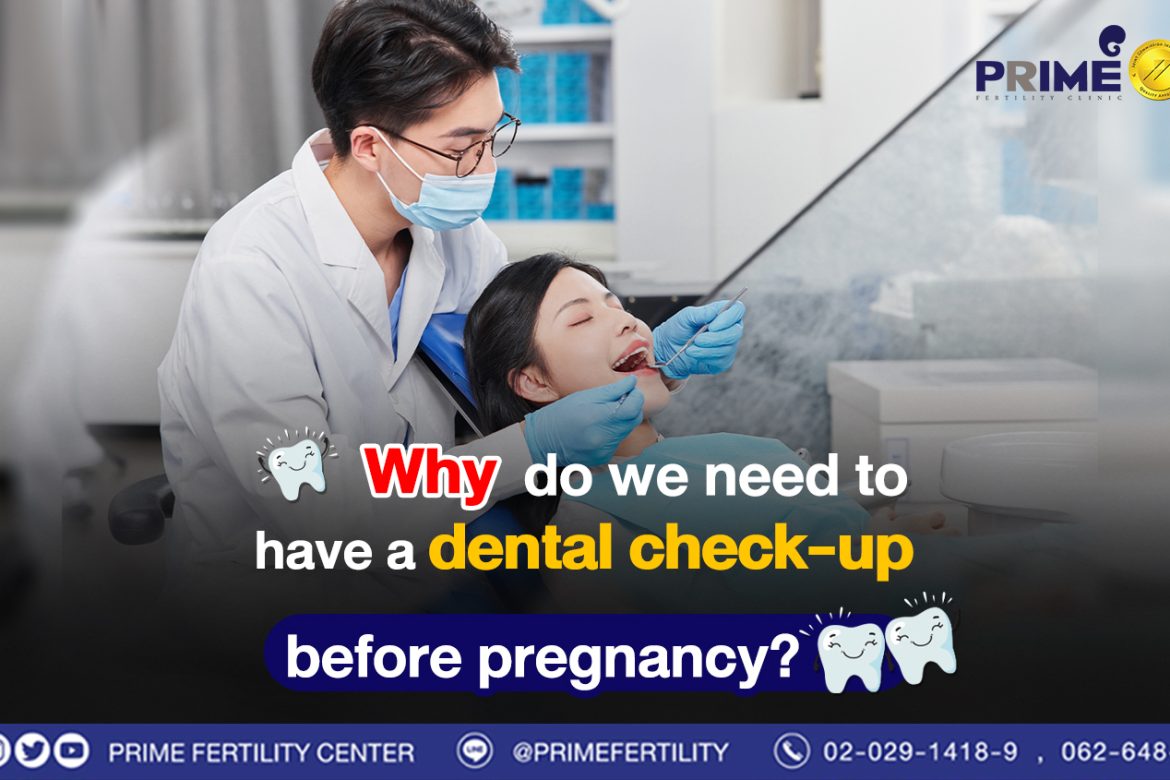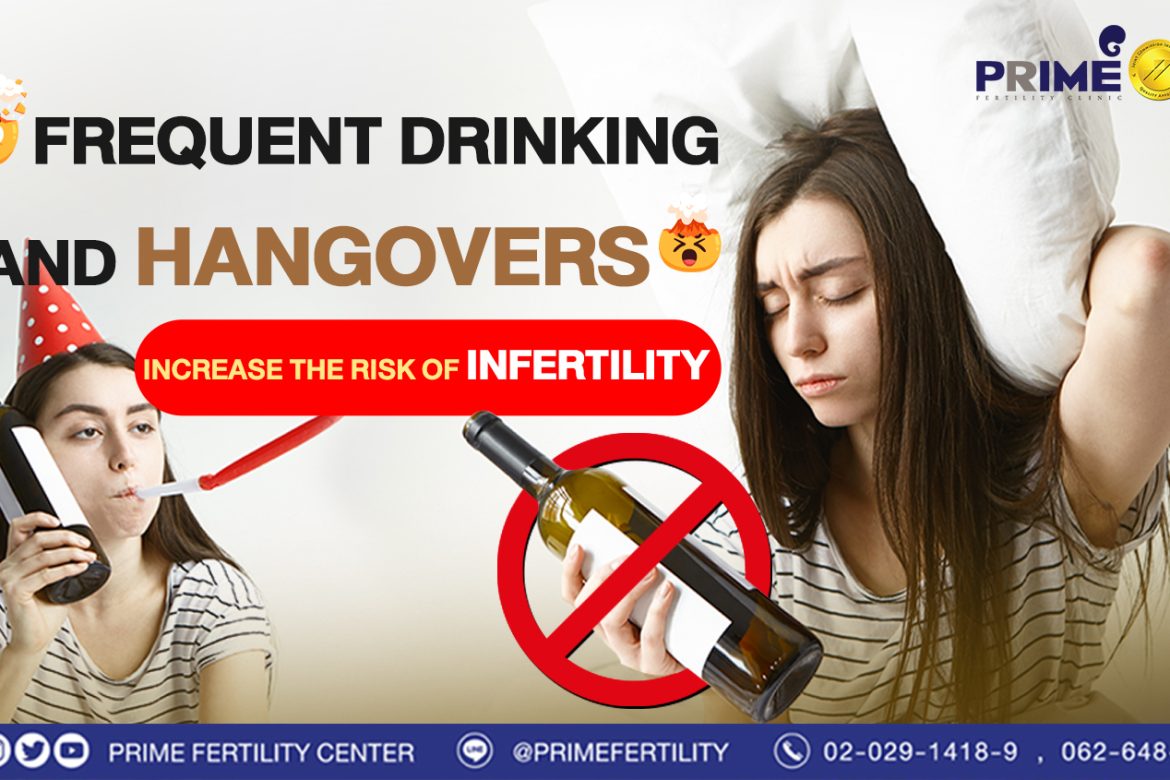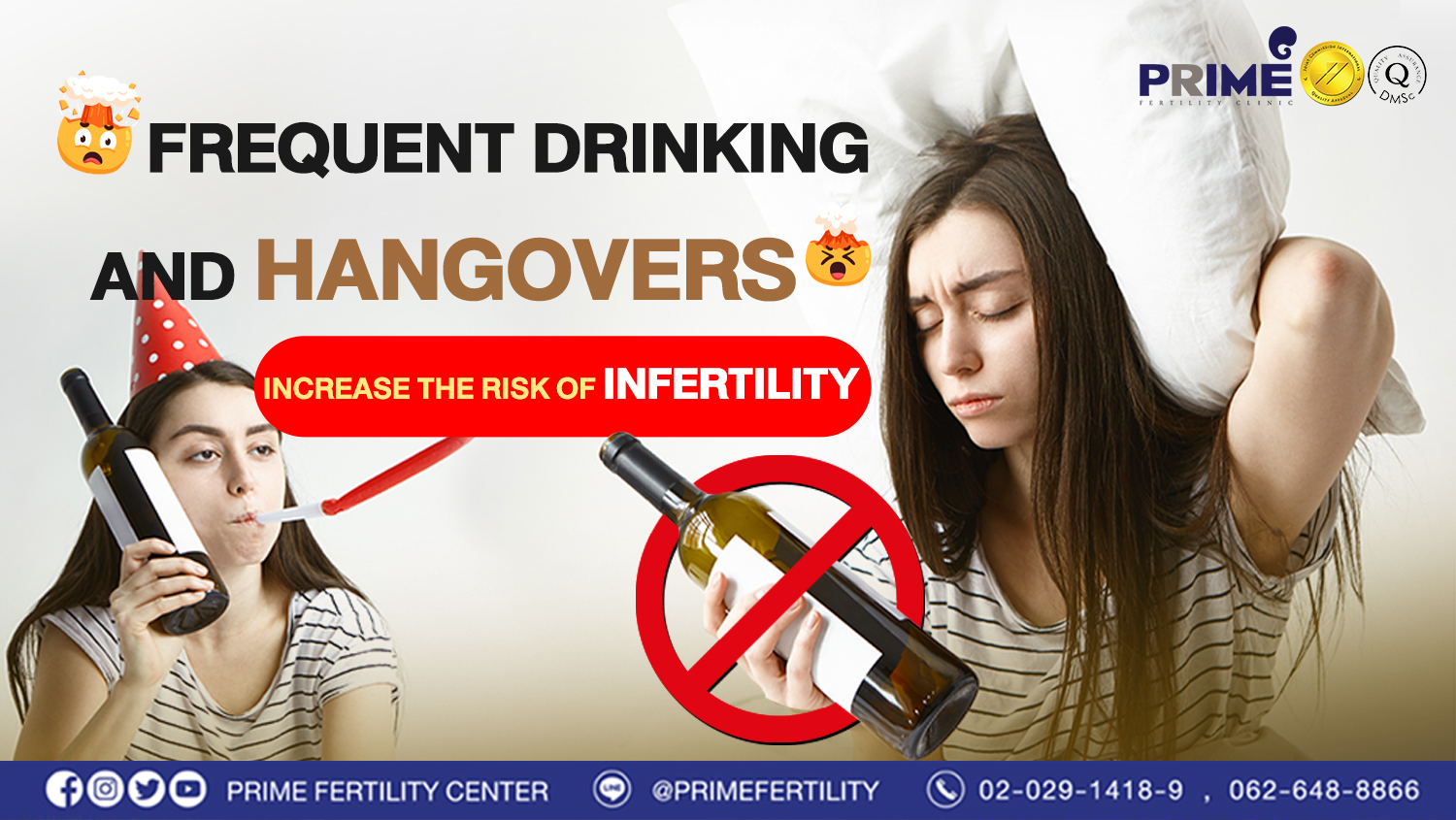Get to know causes and risk factors of infertility to get ready for pregnancy
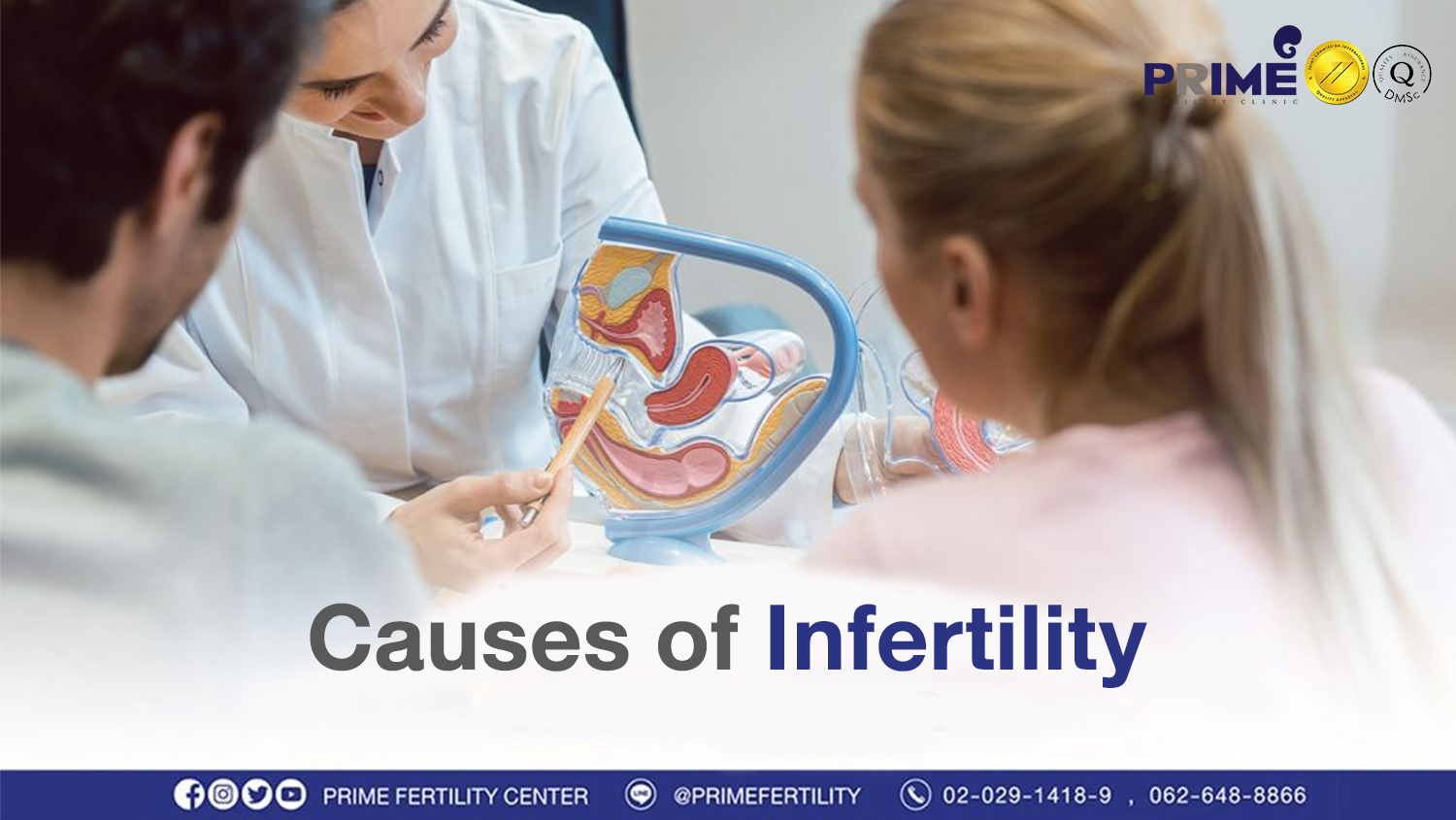
If you and your partner want to have a baby and your couple is worried about or facing infertility, you are not only one couple who struggling with this problem. It also happens to millions of people around the world. Infertility may be caused by health problems of you or your partner or many factors that prevent pregnancy. But various safe and efficient treatments can increase the chance of pregnancy. To help you prepare yourself for a successful pregnancy, let’s get to know about causes and risk factors of infertility.
What is infertility?
Infertility happens when you have problems with getting pregnant in spite of regular unprotected sex. About 1 of 6 couples may face this issue. The couple will be diagnosed infertility if they fail to conceive after 1-year attempt. This reproductive issue can happen to every gender and may be caused by several factors.
Causes of infertility
Reproductive issue is not only a female’s problem or problem about aging. Some factors can lead to infertility and affect individuals at any ages and of any genders. Seeing the fertility specialist will help identify the cause of problems and the solution that will fit you best. Causes of infertility that may affect one or both parties of a couple are as follows:
Causes of male infertility
- Conditions that may be associated with sperm production or sperm quality, as well as testicular problems, genetic disorders, hormone disorders. And other health problems, e.g., diabetes, infectious diseases, such as chlamydia, gonorrhea, mumps, HIV can also affect sperm and cause infertility.
- Problems of sperm approaching female’s reproductive system may be caused by sex potency issue, e.g., premature ejaculation, some genetic disorders like cystic fibrosis, some physical problems such as varicocele, damage or injury of the genitals.
- Some environmental factors, exposure to pesticides, chemicals, or radiation as well as the use of medicines to treat bacterial infection, hypertension, and depression can also lead to infertility. Moreover, too often heat exposed to the testicles, such as the heat from sauna or hot bath may affect the sperm production.
- Cancer and the ways to treat cancer, e.g., chemotherapy, radiation therapy may reduce the sperm production then the less sperm count becomes a cause of infertility.
Causes of female infertility
- Ovulation and hormone disorders, such as PCOS (Polycystic Ovary Syndrome), high levels of a hormone that is essential to breast milk production called prolactin can affect ovulation. Too much or too little thyroid hormone may also cause irregular menstrual cycle or infertility.
- Uterine conditions including the growth of uterine polyps, uterine shape abnormalities, the problems of the lowest part which is cervix, uterine fibroids may lead to infertility as well.
- Damage or blockage of fallopian tubes because of swollen fallopian tubes called salpingitis. It may happen as a result of pelvic inflammatory disease which is the infection of female reproductive system and causing infertility.
- Endometriosis: Under this condition, the tissue similar to the uterine lining grows outside the uterus. It may disturb the function of ovaries, uterus, and fallopian tubes and may cause pregnancy difficulty.
- Cancer and treatment: Some types of cancer especially the cancers that affect genital will reduce fertility rates of females. Chemotherapy and radiotherapy may influence on the fertility as well.
Risk factors of infertility for males and females
- Age: Female fertility will gradually reduce by age and will rapidly drop after 35 years of age. Infertility in elderly women may be caused by reduced egg count and egg quality or health problems that affect fertility. Men over 40 years of age may have lower fertility than the younger men. Moreover, the babies born from those men over 40 will be at risk of congenital anomalies and genetic disorders.
- Medical conditions: Another significant factor causing infertility for both males and females, e.g., diabetes, hypertension, heart disease, obesity, thyroid.
- Smoking: Regular smoking can reduce the chance of pregnancy and lower the efficacy of fertility treatment. Moreover, smoking while getting pregnant will lead to a greater risk of miscarriage. In males, it will increase the risk of impotence and low sperm count.
- Cannabis: It may affect fertility. Using cannabis during pregnancy is associated with the poor health of fetus. Moreover, it may increase the risk of miscarriage.
- Drinking alcohol: For females who are trying to conceive or during pregnancy, alcohol can cause infertility and can be harmful to the baby. For males, drinking too much alcohol will reduce sperm count and sperm motility.
- Being overweight: Within the lifestyles of new generation people, lacking of body movement and exercise can lead to weight gain or obesity which is risky to be infertile. Obesity is involved in low sperm quality as well.
- Being underweight: People who are at risk of fertility problems are those who have eating disorders, such as loss of appetite, consuming only low-calorie foods, or too many food restrictions.
Infertility can happen to anyone who are at reproductive ages. But it can be solved by getting a consultation with fertility specialist in order to have the right solution and treatment. Safe and efficient treatment will increase the chance of pregnancy.
—————————————-
Prime Fertility Center, we not only provide infertility treatment services but what we aim and consistently develop is customer service with care, being ready to provide consultation, taking care and paying attention to every emotion like a family member. As we well understand the feeling, pressure, and stress of those who are unable to have babies. So, we aim to deliver warmth and offer full services to facilitate our patients. We work with the determination and attention of our specialized doctor, embryologists, and skillful staff in taking care of the patients and providing a comprehensive counseling service.
Should you be interested in getting fertility consultation, please contact us. | ICSI Bangkok | ICSI Thailand | IVF Bangkok
Tel. : 062-648-6688 / 062-648-8866 / 02-029-1418–9
Line : http://line.me/ti/p/~@primefertility
Facebook : https://www.facebook.com/primefertilitycenter
E-mail : info@primefertilitycenter.com
Working Hours
- Open: Monday – Wednesday, Friday and Saturday
Time: 08:00 – 16:00 - Closed: Thursday, Sunday and Public Holidays

